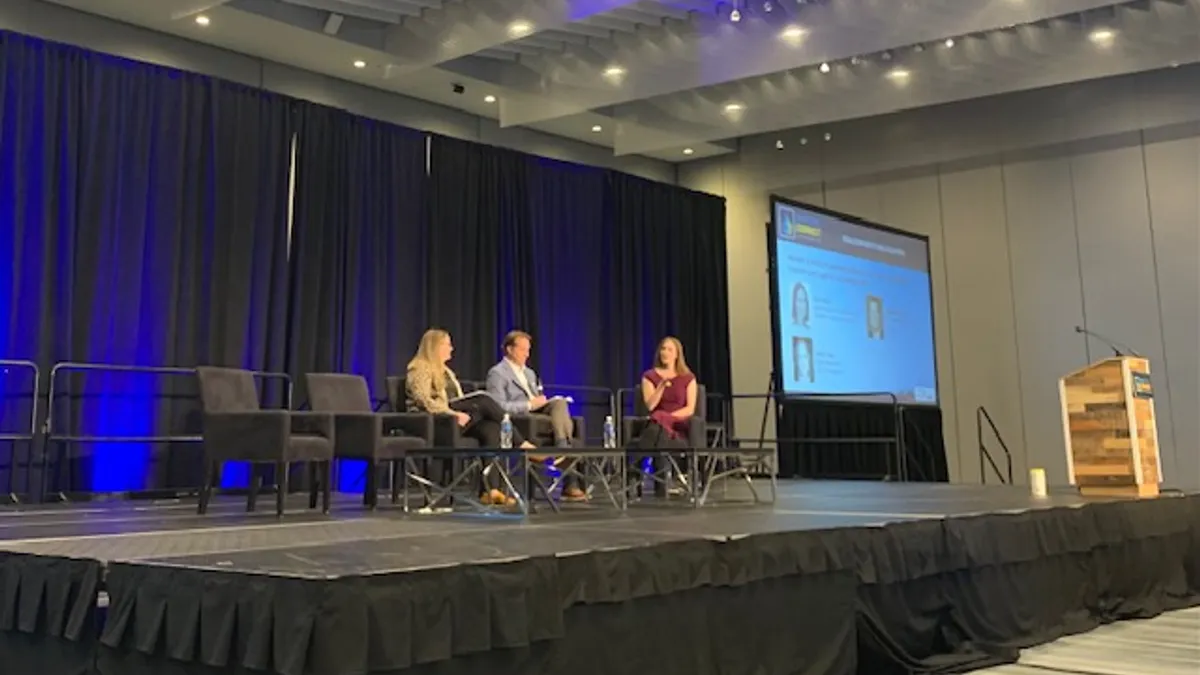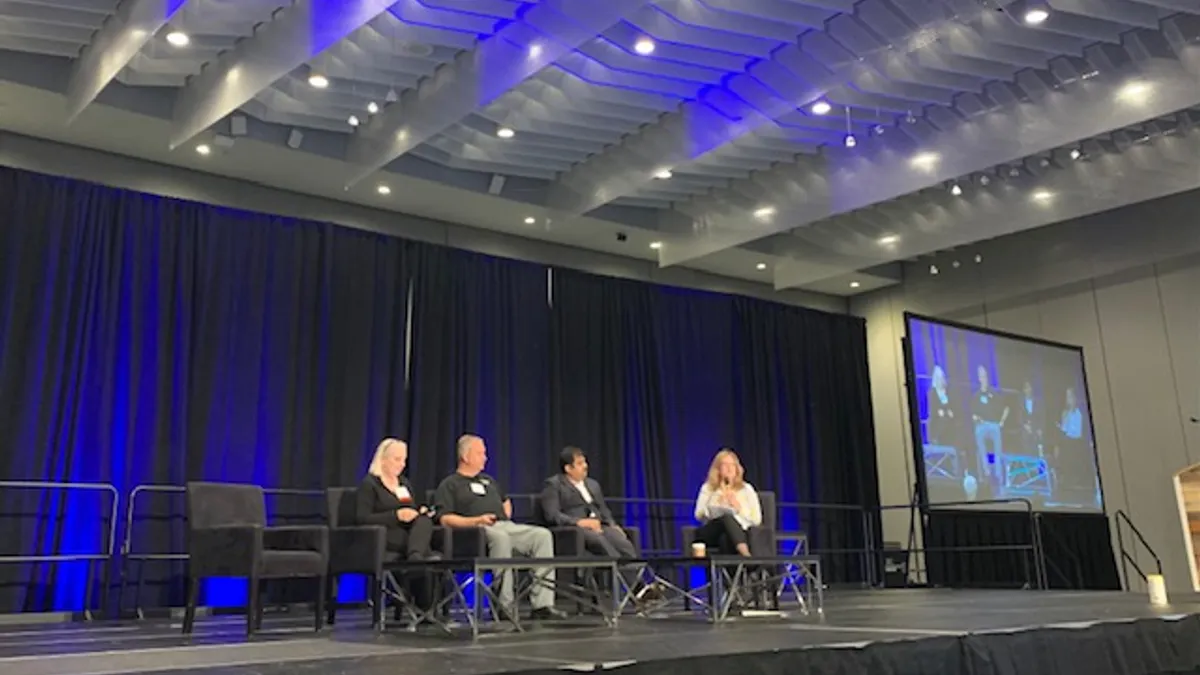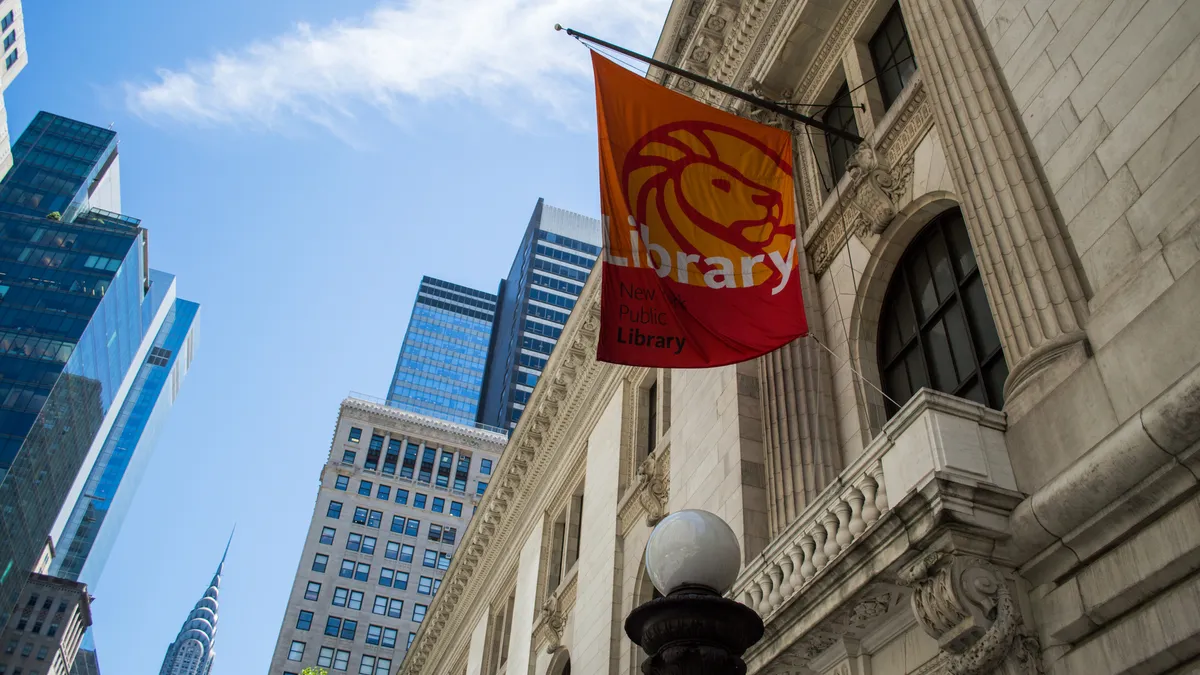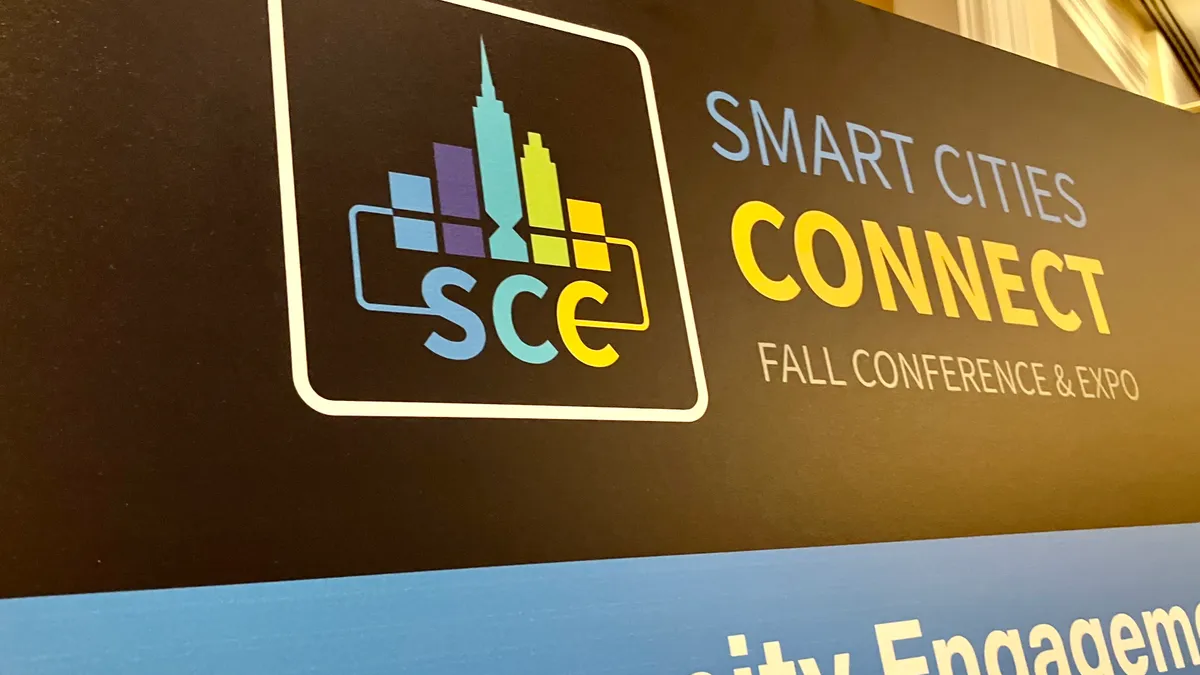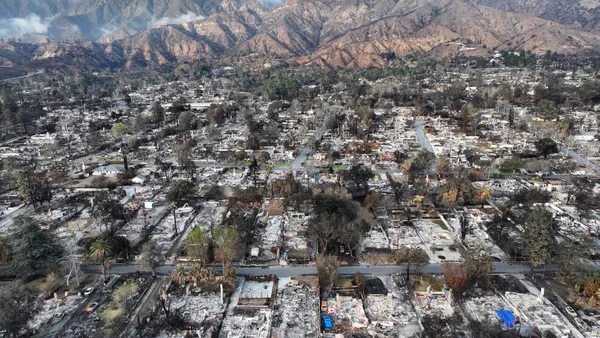Dive Brief:
- COLUMBUS, Ohio – Comcast announced a new business unit dedicated to smart city solutions at the Smart Cities Connect Conference in Columbus, Ohio, Wednesday. While the company has previously completed projects in the smart cities space, the move signals its ongoing interest in the sector.
- Comcast Smart Solutions will provide connectivity and consulting services in addition to connecting customers with collaborators that provide smart-technology services for lighting, public works, building solutions, digital kiosks and more.
- The business unit launch brings together a variety of assets that Comcast has built over the years in network connectivity, IoT solutions or campus deployments, said US Ignite Senior Director of Partnerships and Outreach Mari Silbey during a conference panel with Comcast that she moderated. It is a natural next step for the company, said Silbey. US Ignite, a nonprofit that connects cities and businesses on smart-city projects, recently worked with Comcast on a smart cities pilot program in Philadelphia.
Dive Insight:
The smart cities space is a "terrific place for us to put a stake in the ground and build a new practice within Comcast," particularly as growth and excitement surround the sector, said Stephen Hackley, Comcast senior vice president of community connections, during the panel.
The expansion of Comcast's smart city unit follows multiple pilots it has undertaken with cities and campuses. Its work with US Ignite in Philadelphia launched a yearlong smart streetlight pilot in January that will collect information about local pedestrian traffic, street activity and the environment.
The company is also running a pilot project with College Park, Georgia. After the city undertook a campaign to revitalize the city’s commercial district, it experienced more foot traffic that resulted in excess trash. To keep its streets clean amid the increased activity, the city hired Comcast to install smart sensors that alert the municipal government when trash bins are at 60% to 70% capacity.
Arlington County, Virginia, and Pleasanton and Moraga, California, have also implemented smart-city projects with the company.
The unit will field smart-city questions with the help of partner companies, Hackley said. "We’re not trying to invent new technologies or go back in the lab and do it all ourselves," he said. "We think it’s too new [and] too early, so we favor bringing the right solution-providers to bear, and the right integrators and the right consultancies to solve problems."
The telecommunication giant's smart-city expansion follows a high-profile corporate exit from the industry about 15 months ago when Cisco folded its Kinetic for Cities software platform. The product aggregated multiple smart-city applications into one dashboard, a data streamlining service that lost relevance as customer and market demands shifted to focusing on specific use cases like smart intersections or parking, said Vikas Butaney, vice president and general manager of Cisco IoT, in an email interview at the time.
Echoing that shift, Philadelphia Smart City Director Emily Yates advised during the panel that city leaders "start small and manageable" as they look to forge similar private-public partnerships. "You're building the bridge as you go across it," she said.



